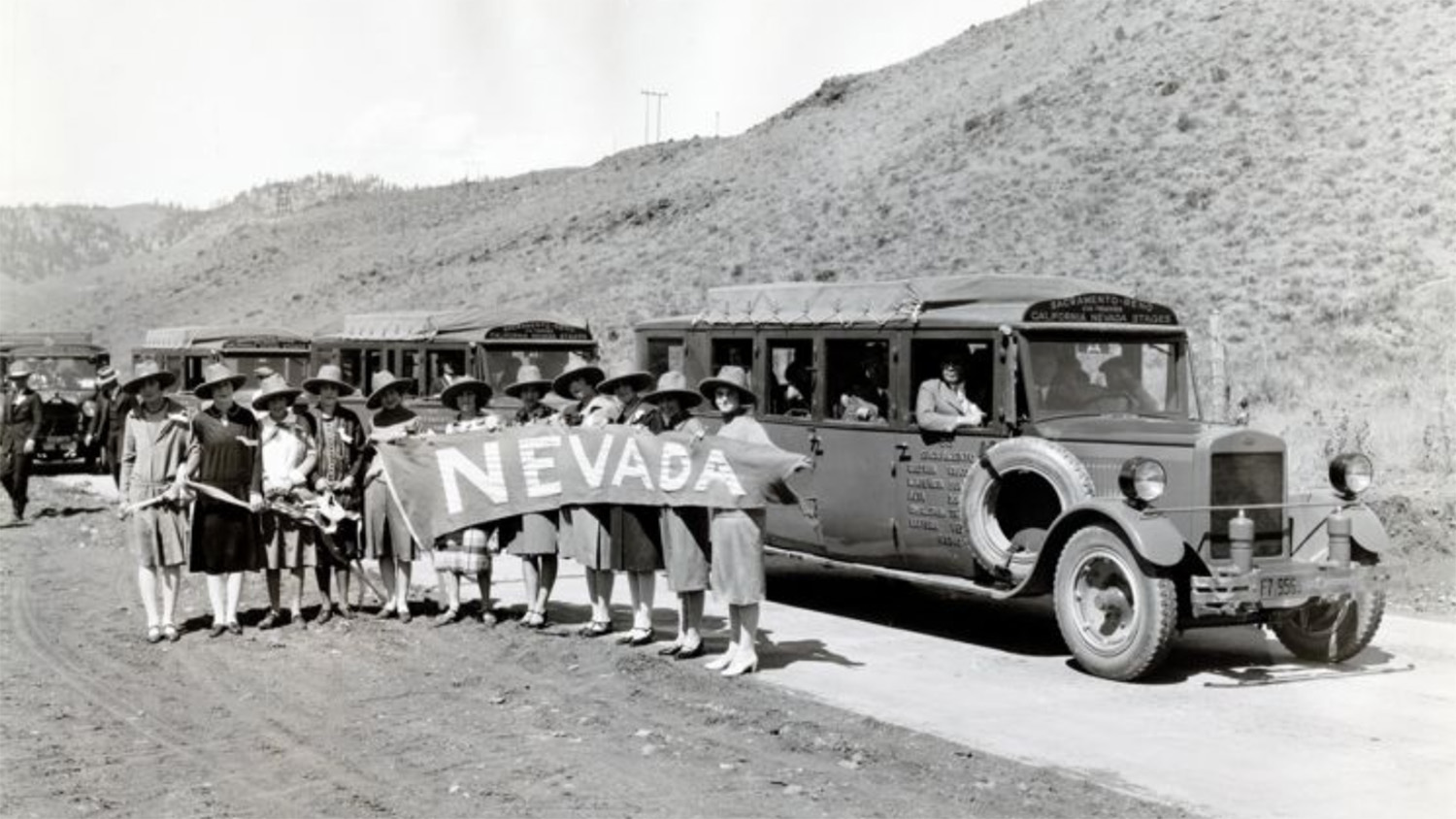
Every year, the Nevada Women’s Fund hosts its Salute to Women of Achievement luncheon to recognize women in Nevada. This year on the dais at this event will be one of Dickson’s own: Glory Kiel. In addition to recognizing women in Nevada, the Salute to Women of Achievement luncheon also helps the Nevada Women’s Fund and its mission to raise financial contributions and other resources to support northern Nevada women and families. To do so, the fund identifies critical social needs and addresses them through individual education scholarships and grants to northern Nevada non-profit organizations that share the NWF mission to strengthen and empower our community.

At Dickson Realty, we’re proud to join the Nevada Women’s Fund and honor the women who make a difference in our community. A woman, Fianna Dickson, founded our company. Our current president, Nancy Fennell, along with our vice president of Luxury, Rebecca Dickson, continue that legacy of female leadership today.
In addition to recognizing women’s achievements, the Nevada Women’s Fund also helped create the Nevada Women’s History Project. Now an independent nonprofit, this organization collects, records and tells the history of women in Nevada.
To celebrate the women who will be honored at the 2019 Salute to Women of Achievement, we’d like to recognize a few of Nevada’s female pioneers. Here are five women in Nevada history who shaped our state.
Women in Nevada: Eva Bertrand Adams
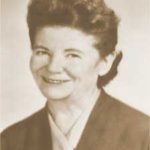
Eva Bertrand Adams (1908-1991), served as an administrative assistant to Nevada senator Pat McCarran and was appointed the director of the U.S. Mint by President John F. Kennedy in 1961. The second woman in history to be named to the position, she served as director for eight years. During her tenure, Adams cleaned up processes of the Mint and made them more efficient. The Mint added about 100 new coin presses and eliminated silver from the dime and quarter during her tenure.
Women in Nevada: Hannah Keziah Clapp
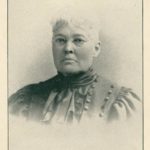
Hannah Keziah Clapp (1824-1908), was the first instructor and librarian at Nevada State University in Reno. She started Sierra Seminary, one of the state’s most outstanding schools. Mark Twain visited the school twice, and Clapp’s teaching methods and final examinations inspired some scenes in Tom Sawyer. Clapp also opened the first kindergarten in Nevada with Eliza C. Babcock. Together, the two won the contract for the iron fence around the Capitol grounds in Carson City. She helped start the Twentieth Century Club. This progressive Reno women’s organization planted the trees along Riverside Drive and worked to make the city a safer and cleaner.
Women in Nevada: Anne Henrietta Martin
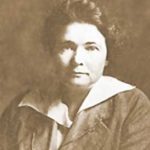
Anne Henrietta Martin (1875-1951), campaigned vigorously for passage of the women’s suffrage amendment. As chair of the Nevada Equal Franchise Society, she led an organization with branches in every county of the state, issued pamphlets, arranged rallies and speeches, and lobbied the Legislature on behalf of voting rights for women. They were finally successful in amending the Nevada Constitution in 1914. However, the 19th Amendment to the U.S. Constitution was not ratified until 1920. Martin was the first woman to run for U.S. Senate in Nevada.
Women in Nevada: Bertha Eaton Raffetto
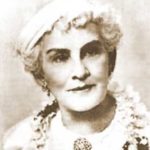
Bertha Eaton Raffetto (1885-1952) composed Nevada’s official state song, “Home Means Nevada.” She was a renowned poet and writer in Nevada. A 25-year member of the Reno Branch of Pen women, she served as treasurer, vice president, and president. Raffetto was poet laureate of the Nevada Federation of Women’s Clubs. She won the Poet’s Parchment by the General Federation of Women’s Clubs for outstanding work in poetry. During the 1930s, she conducted a popular feature, the “Poet’s Corner,” in the Nevada State Journal. Active in civic work, she was also a member of the Reno Civic Club and Nevada and General Federation of Women’s Clubs. An accomplished speaker, she actively participated in politics and numerous campaigns.
Women in Nevada: Sarah Hopkins Winnemucca
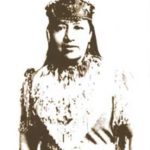
Sarah Hopkins Winnemucca (1844-1891), was a prominent female Paiute activist and educator and an influential figure in the development of United States’ 19th-century Native American policies. She helped gain the release of her people from the Yakima Reservation following the Bannock War of 1878. In 1883, she lectured widely in on the injustices against Native Americans in the West. Winnemucca also established a private school for Native American students in Nevada. Her book, “Life Among the Paiutes: Their Wrongs and Claims,” was the first known autobiography written by a Native American woman. In 1993 she was inducted posthumously into the Nevada Writers Hall of Fame. In 2005, the state of Nevada contributed a statue of her by sculptor Benjamin Victor to the National Statuary Hall Collection in the U.S. Capitol.
To read more about these women and the hundreds of biographies of other influential women compiled by the Nevada Women’s History Project, visit their website.

